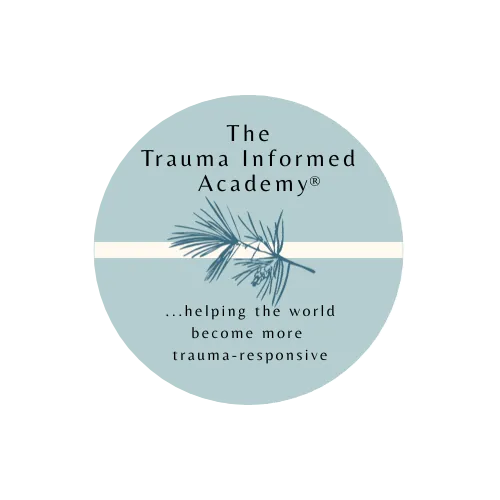

The Problem with “Trauma Informed”
Does anyone remember the Baldrige Awards? Named for Malcolm Baldrige, a critical figure in the development of the management of quality, they pitted companies against each other to see who could best meet the criteria for earning their top spot, for being at the pinnacle of TQM (Total Quality Management).
They were great initially--really robust, and you knew that the selection had meaning and the contestants were working to literally embed the systematic processes of thinking about and managing quality in deep and meaningful ways. It usually took five to ten years of consistent training, identifying customer requirements, mapping and adjusting processes and culture to be truly robust. And it meant changing the nature of our understanding of quality.
Then companies, enticed by the, prestige and the need to be the best, began to create what I called “scratch n' sniff” levels of superficial changes nearly overnight to claim they were worthy of entering--and perhaps winning.
Then organizations began to try to “game” the system. They wanted the award without the work. I’m sure it’s been revised, evolved and revamped any number of times. I just don’t hear much about it anymore; I’m in a different “world.”
“Trauma Informed Care” is at risk for the same issue. When I hear people who don’t walk the talk, and who are wedded to power-over, mental illness, and control over choice? Who really don’t understand the relationship between creating organizational income and illness? And who want to create their own models of trauma informed care? I shudder. Yet, they can. They do.
One problem for people who aspire to use the name of both prestigious concepts and models? Missing the part about how they turn notions of power upside down, how they require changes in ways of thinking, feeling, and doing; and how they mandate higher levels of emotional intelligence for all involved (with each topic seen through through a unique lens). They require long term commitments to making and managing deliberate change in spite of life happening in the meantime.



Email our Admin:
©Copyright 2025 EPower & Associates, Inc. All Rights Reserved.
Privacy Policy | Terms of Use
Featured On...


